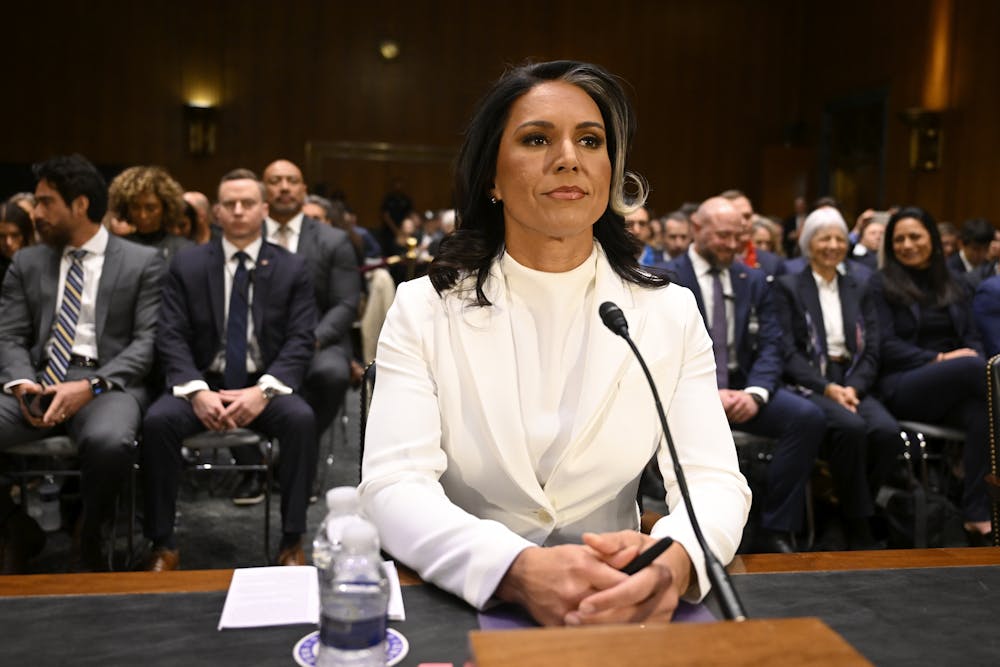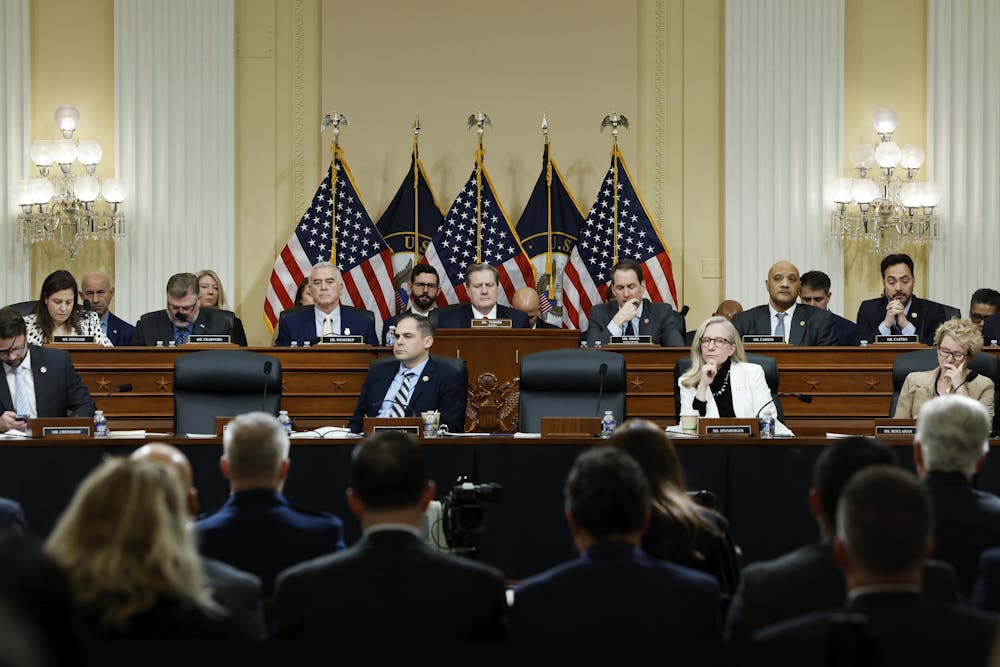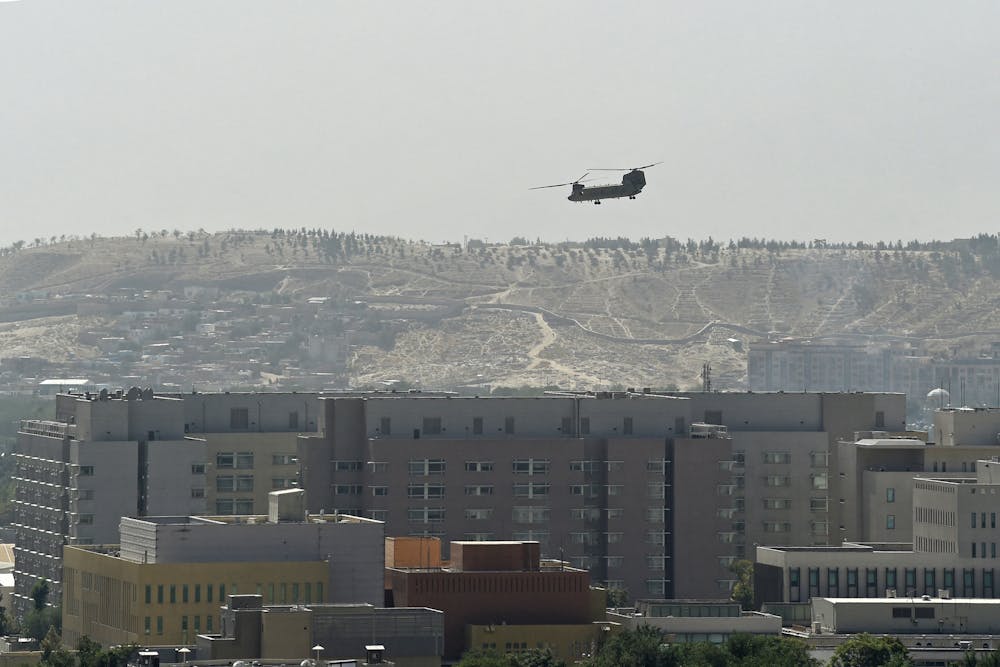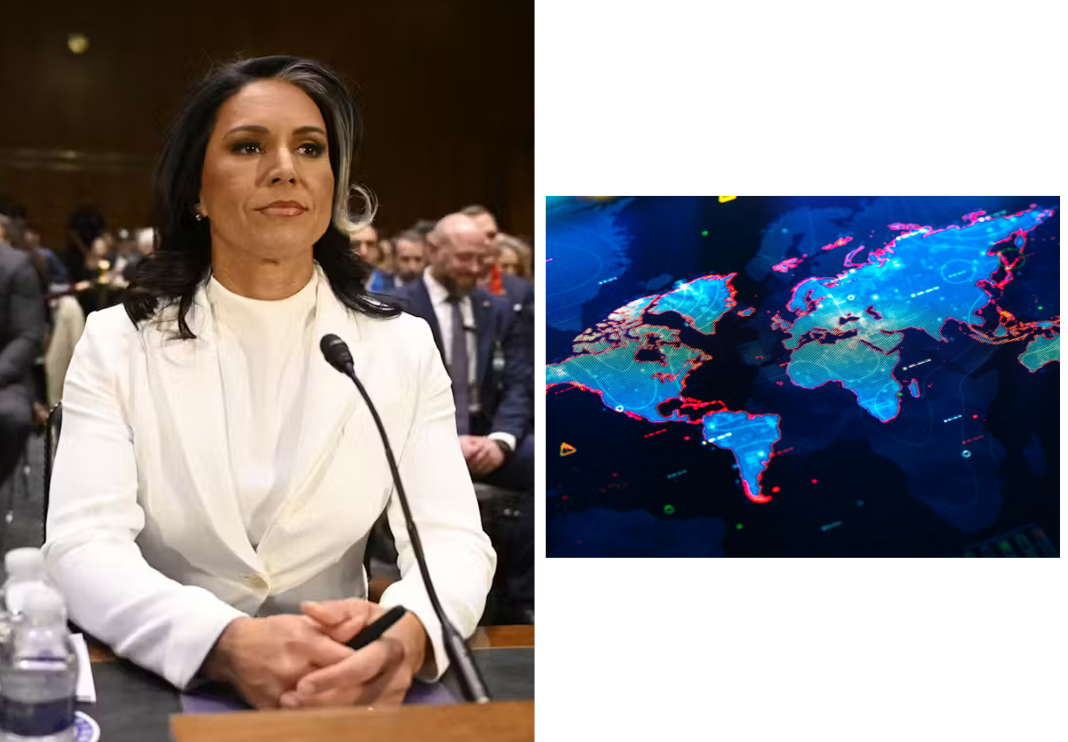American national security in the 21st century faces a dizzying array of threats, from the rise of peer competitors like China and Russia to the persistent, amorphous challenges of cyber warfare and climate instability. Navigating this landscape requires policy decisions of monumental consequence—and the foundation for every one of those decisions must be objective, unbiased intelligence. Yet, time and again, the U.S. Intelligence Community (IC) has found its analysis bent, tailored, or outright distorted to fit a specific political narrative or policy preference, a corrosive phenomenon known as politicization. When the unvarnished truth is swapped for a comfortable lie, the results are catastrophic: strategic surprise, costly military interventions, and a profound erosion of public trust in government institutions. The demand of the moment is not for intelligence that pleases the ear of the policy maker, but for analytic integrity that arms the nation with reality, however inconvenient it may be.
The Corrosive Influence of “Policy Preference”
Politicization of intelligence occurs when analysts—or their senior leaders—are subtly or overtly pressured to alter their judgments to support a pre-determined policy outcome. This distortion can happen in many ways: selectively presenting only the evidence that supports a favored theory, exaggerating the level of confidence in a judgment, or suppressing dissenting views that run counter to the administration’s agenda. The fundamental danger lies in confusing the distinct roles of intelligence and policy. Intelligence must provide the facts and probabilities about an adversary’s capabilities or intentions; policy then chooses the course of action based on those facts.

When this boundary collapses, the entire national security apparatus operates on a false premise. If a president wants to escalate military action against a foe, and intelligence is shaped to overstate the foe’s threat or understate the risks of intervention, the resulting decision will inevitably be flawed. This misalignment leads directly to miscalculated risks, the massive misallocation of diplomatic and military resources, and a state of strategic surprise when the intelligence product fails to align with real-world events. The ultimate price of a distorted analysis is paid in taxpayer dollars, international credibility, and human lives lost due to avoidable conflicts.
The incentive structure often drives this behavior. Analysts, and especially their managers, exist within a political ecosystem where their career advancement often depends on their analysis being received favorably by senior policymakers. This creates a powerful, if unspoken, pressure to deliver intelligence that is not just relevant, but acceptable. Over time, this systemic pressure fosters a culture of self-censorship, where analysts subconsciously begin to view raw data through the lens of what their consumers want to hear, rather than what the evidence shows. This subtle, self-inflicted damage is often more insidious and difficult to correct than any overt political meddling.
The Sacred Charter of Analytic Integrity
At its best, intelligence serves as the bedrock of statecraft, providing the unvarnished truth that allows leaders to make effective decisions in a world of limited knowledge. This function is guided by the sacred charter of analytic integrity. For analysts, this means strict adherence to tradecraft: rigorously sourcing all information, conveying the basis for all judgments, and, crucially, making clear the level of confidence attached to any finding. A mature intelligence community understands that certainty is rare, and its job is to articulate ambiguity and uncertainty without fear of reprisal.

The IC’s obligation is not merely to report facts, but to provide impartial assessments of what those facts mean for U.S. interests. This often requires complex predictive analysis—for instance, assessing the probability of a regime’s collapse or predicting the timeline of a technological breakthrough. When analysts communicate their uncertainties, they give policymakers the chance to hedge their bets and craft flexible strategies. It is precisely this candid, risk-aware communication—the acknowledgement of unknowns—that empowers a policy decision, rather than undermining it.
Furthermore, the Intelligence Community’s ultimate client is the American nation, not the transient priorities of any single administration or political party. This independence is what distinguishes intelligence from advocacy. Analysts must operate under a stringent ethical firewall that protects them from external political pressure, ensuring their focus remains on delivering the most accurate picture possible, regardless of whether that picture supports or frustrates current policy goals. A strong, ethical leadership within the IC must be prepared to defend analysts who produce politically uncomfortable truths.
When the Mirror Cracks: Lessons from History
History is replete with examples where the intelligence mirror was cracked by political bias, leading to disastrous outcomes. The most prominent modern case is the intelligence used in the lead-up to the 2003 Iraq War. In the highly charged political atmosphere following the September 11 attacks, the policy preference—regime change—significantly skewed the analysis regarding Iraq’s Weapons of Mass Destruction (WMD) programs.

Analysts faced immense pressure to find evidence to justify military intervention, causing them to overstate their confidence in weak or contradictory sources, such as the questionable testimony of informants like “Curveball,” and the flawed conclusion regarding aluminum tubes. Crucial dissenting viewpoints that questioned the strength of the evidence were minimized or sidelined entirely, creating an analytical echo chamber. The intelligence product ultimately presented to policymakers was a distorted reflection of reality, paving the way for a war based on a false premise.
The consequence of this failure was staggering: trillions of dollars spent, thousands of military and civilian lives lost, and years of instability in the Middle East. Perhaps the longest-lasting effect, however, was the profound decline in public and international trust in the credibility of U.S. intelligence. This lack of faith makes it harder for the IC to operate, recruit, and sell its products domestically and abroad. Other historical failures, such as the flawed pre-assessments of the Bay of Pigs Invasion or the consistently optimistic reports regarding the trajectory of the Vietnam War, further demonstrate that politicization is a recurring, systemic vulnerability, not a one-time error.
The Bureaucracy of Pressure: How Truth is Warped
The warping of intelligence rarely involves a dramatic order to falsify documents; it is usually the result of more insidious, psychological and bureaucratic pressures. Senior policymakers, seeking validation for their chosen courses of action, often subtly signal their preferences to the intelligence staff. A simple expression of disappointment or a pointed question to an analyst’s boss can communicate a desired outcome far more effectively than any formal memo.

Furthermore, the analytical process is vulnerable to the “stovepipe” issue, where intelligence that supports a policy is intentionally rushed up the chain of command, bypassing standard review and vetting processes. Conversely, intelligence that presents a contradictory picture is often delayed, marginalized, or buried by middle managers eager to please their superiors. This filtering mechanism results in the policymaker receiving a deliberately curated and incomplete picture, unknowingly relying on confirmation bias baked into the reporting process.
To prevent this, the Intelligence Community must actively cultivate and protect dissenting voices. Analysts who hold minority opinions or possess contradictory data are often the last firewall against groupthink and catastrophic consensus. When dissenting analysts are marginalized—by exclusion from meetings, slower career progression, or even professional isolation—the institution loses its most critical check on its own biases. Intelligence leadership must, therefore, create an institutional environment where analysts are not just allowed to be wrong, but are actively rewarded for being honest, regardless of the political fallout.
Rebuilding Trust and Protecting the Analysts
Restoring and maintaining the integrity of American intelligence requires structural and cultural reforms designed to place a protective layer between the analysts and the policymakers. One key reform involves the institutionalization of alternative analysis. Intelligence agencies should establish dedicated, well-resourced “red teams” whose sole mandate is to challenge the prevailing analytical consensus, explore low-probability but high-impact scenarios, and pressure-test assumptions. This ensures that policymakers are always presented with a robust set of probabilities, not a single, politically convenient narrative.
Another necessary measure is the establishment of clear, enforceable ethical guidelines concerning the interaction between intelligence providers and political consumers. Intelligence leaders must be empowered to publicly report instances of politicization to independent oversight bodies, such as the House and Senate Intelligence Committees, without fear of losing their positions. This level of transparency and accountability is essential for deterring both the subtle and overt forms of manipulation.
Finally, and most fundamentally, the national security establishment must accept that its effectiveness is inextricably linked to its willingness to confront uncomfortable truths. The courage to receive and act upon bad news is a prerequisite for sound leadership. American national security depends on a contract between the Intelligence Community, which must have the unshakeable integrity to deliver the reality, and the policymakers, who must possess the wisdom and foresight to accept that reality as the only basis for a successful national strategy. Only when intelligence is a reflection of evidence, not of desire, can the nation truly safeguard its interests.



